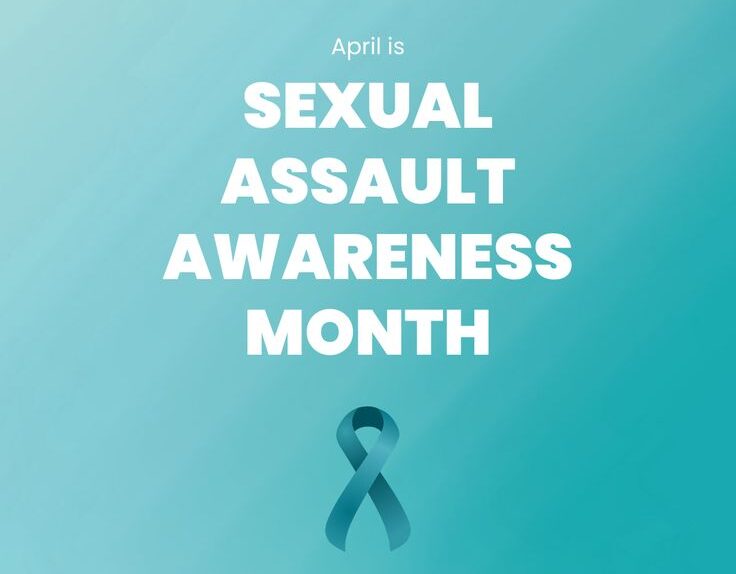HOW CAN I STOP being a people-pleaser?
One of my resolutions this new month is to learn how to find personal happiness. I have realised that one of the things that pulls me down is the fact


One of my resolutions this new month is to learn how to find personal happiness. I have realised that one of the things that pulls me down is the fact that I always put other people’s feelings before mine and consequently, find it hard to say no to things and situations that I may not necessarily agree with or even enjoy. How do I bring myself to say no without feelings of guilt especially to loved ones?
Mercy Ndunge
Unfortunately, for most people, there seems to be an ingrained notion that it is our job to keep everyone else happy. Often times, that notion is driven by the fear that we will seem uncaring or insubordinate if we say no or put our needs first. People-pleasing sometimes also stems from fear of confrontation as arguments and disagreements can be uncomfortable, leading to an awkward situation. It could also be as a result of personal insecurities such as low self-esteem thereby creating a need to be loved and accepted by everyone.
Unfortunately, as experts agree, women are more inclined to suffer from this pandemic more than men. According to psychologist Dr Susan Newman and author of The Book of No, women are naturally raised as nurturers and homemakers hence feel it is their job to ensure everything is under control, everyone is okay, and duties have been handled. This in turn can lead to being saddled by an insane amount of demands from children, spouses and bosses, leading to late nights, busy weekends and endless projects. Throw in stress, a sense of loss of control and you have the perfect recipe for burnout and in extreme cases, nervous breakdown.
The fact that you have reached out is a step in the right direction. The first order of business is finding your voice. This means you have to believe that your needs, wants and dreams are just as valid as everyone else’s and hence deserve time, attention and articulation. At times, this will be at the expense of foregoing a friends party, avoiding that extra workload your colleague is trying to put on your desk so that they can go on leave, or that person who thinks it’s okay for them to cut in the line at the bus stop.
Take some time out to analyse where your need to please people comes from. Is it fear? Low self-esteem? Take steps to rectify the situation by visiting a counsellor, getting rid of toxic people or situations and incorporating the things you love more in your life. Do not underestimate the power of those two little letters to liberate you. Remember, people who really love you and care about your well being will understand when you say no and especially when you have a valid reason, although on the same token, you don’t always have to explain yourself to everyone you say no to. Just don’t be rude about it.
Start small. Stand in the mirror for a few minutes everyday and practice voicing it. Analyse scenarios from your past, which did not necessarily please you and use them as practice.
Despite what you believe, saying no does not mean you are uncaring. There is a difference between being assertive and down right mean. An assertive person is able to stand their ground and even provide reasons as to why they are taking a certain stand. Saying no shows you have an opinion and are able to articulate it. People tend to have more respect for people who are not easily pushed over.
Surprisingly enough, saying no can be just as addictive as saying yes. The key is to strike a balance, as there are times when you will want to say no but yes would be the better answer. For instance, when your boss asks the team to come in early for one week in order to beat a deadline or your child asking you to sing their favourite song for the umpteenth time because it soothes them. Therefore, saying no also calls for careful consideration of the situation.





